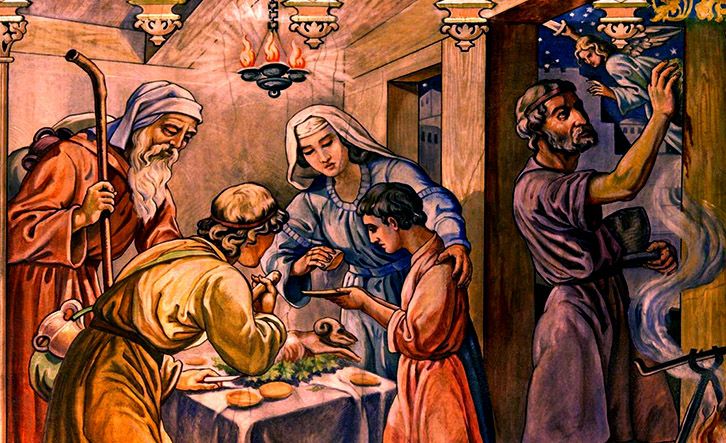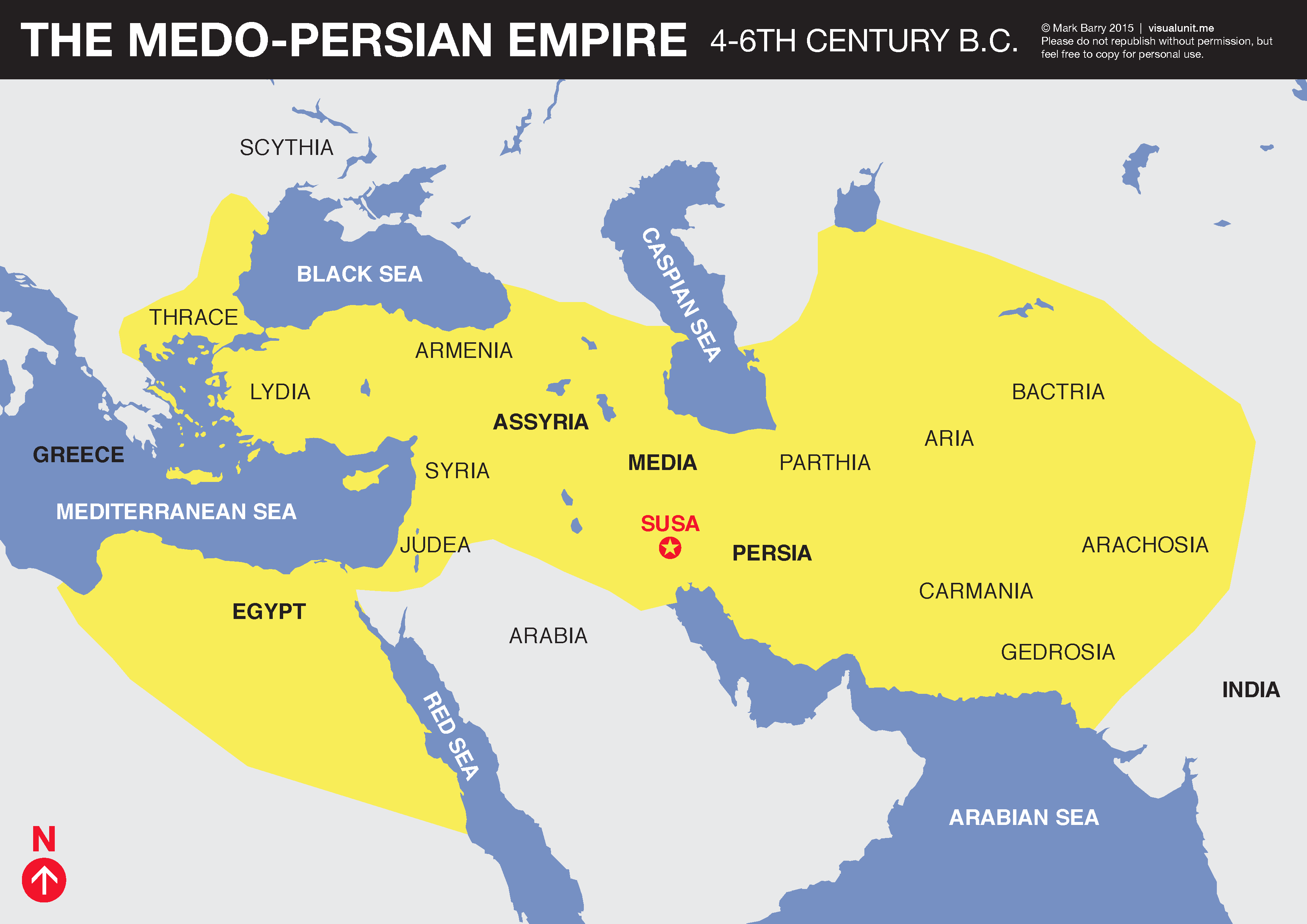12 Surprising Reasons to Celebrate Passover
Chag Sameach!

Note: This is an intermission to the 3-part Passover Lamb series. Part 3: The Lamb of Revelation, is coming in just a few days, but we felt it’s important to get this message across before Passover begins this Friday evening.
The Biblical way to celebrate Passover is with a meal called a Seder. This meal is the major event of the year and may last as long as five or six hours (although it doesn’t have to.) In terms of importance, it’s like Easter, Thanksgiving and Christmas rolled into one.
Since it’s such a big deal, here’s a list of the 12 things you’ve always wanted to know about Passover but didn’t think to ask.
1. Passover is Gospel.
Gospel means “good news”, and Passover communicates the good news of the Kingdom of God. It is the story of God’s love for us, and his redemptive purpose for humanity and for all of creation. This is because the Passover story, like the Gospel message, is about being set free from slavery, sin and death, and welcomed into abundant life. This is the message that Yeshua preached (Matthew 4:23, 9:35) through his words, his works, and his death and resurrection.
2. Passover is Communal.
Passover is designed to be celebrated by everyone in the community. The liturgy of the Seder is participatory, involving as many of the attendees as possible—even the youngest child—in the experience.
3. Passover is Personal.
As noted above, if you attend a Seder you will be intimately involved. This is not a spectator sport. In the Second Temple period, you would select the lamb, live with it for 4 days, then take it to the Temple to have it slaughtered. (Leviticus 3:2-5) Then you would wrap the skin over the carcass, put the lamb over your shoulders and go home to roast it.
Today, you will get involved by helping to read the Passover story, singing songs and (if you’re a kid) tearing the house apart to find the Afikoman.
4. Passover is Inclusive.
It is not just for the the privileged or the elite, but for everyone—men and women, from the poorest to the wealthiest, from the youngest to the oldest. There is equal access for all. (Acts 15)
5. Passover is Enlightening.
The Exodus story is told at every Passover Seder as a reminder and as a way of teaching. Passover reveals the redemptive plan and purpose of God—the Good News—to usher in the Kingdom. As Simeon declared at the Temple, “a light for revelation to the Gentiles and for glory to your people Israel.” (Luke 2:32)
6. Passover is Multi-Sensory
The Seder experience involves all the senses—sight, hearing, tasting, feel and smell. How many times have you thought of taste or smell as being a part of our worship experience? But these are God’s way of helping us to know his goodness, and we should use them all to fully experience his presence.
7. Passover is Fun
Sure, the Passover Seder has purpose and structure, but it is fun and can even get silly at times. There are songs (ever heard that parody of Louie, Louie that goes “Pharaoh, Pharaoh, oh baby, let my people go?) and games (which kid is going to find the Afikoman, and how big will the prize be?) On top of that, there’s always a ton of food for noshing, and loud conversations with people you haven’t seen in ages.
8. Passover is Identity-Giving
Before the Exodus-Passover story, “Israel” was simply a family. Afterwards, it was a full-fledged nation with its own cultural and political identity. Later, the Passover-Resurrection story conferred an identity on Messiah’s community.
9. Passover is Redemptive
The blood of the lamb (and ultimately, that of the Lamb of God) has redeemed God’s people. The Seder celebrates the covenant God made with the Jewish people in the Exodus-Passover story and the covenant God made through Yeshua in the Passover-Resurrection Story. These redemptive covenants are unilateral, unconditional and eternal—just like the covenant God made with Abraham in Genesis 17.
10. Passover is Life-Changing
From slave to free, from selfish to selfless. In the language of the Seder, we consider ourselves to have been slaves alongside the ancient Hebrews. It is not simply a story about other people, thousands of years ago. When I look at the forces in life which have enslaved my soul, and the greater force of a God who sets me free, I can never be the same again.
11. Passover is Worshipful
Every aspect of preparing, observing and cleaning up a Passover Seder is an act of worship. It is all done for God’s sake, to God’s glory. And it’s an obedient response to Yeshua‘s command: “Do this in remembrance of me.”
12. Passover is Forever
Another remark Yeshua made during the Last Supper is this: “I will never drink of this fruit of the vine from now on, until that day when I drink it anew with you in My Father’s kingdom.” (Matthew 26:29) Yeshua is referring here to the Seder’s Fourth Cup. Thus, our Messiah’s Passover Seder is in a state of suspended animation until it is completed at the Marriage Supper of the Lamb. This is the culmination of all of redemptive history, when every nation and tribe and tongue will see Yeshua for who he is. That is why believers often finish the Seder with the hopeful cry, “Next year in New Jerusalem!”
Our next article will address this last reason directly. Our Messiah, the slaughtered Lamb of God, will come again to reign in victory as the Lion of Judah. What does this mean exactly? Just wait and see.
TOPICS: Passover

